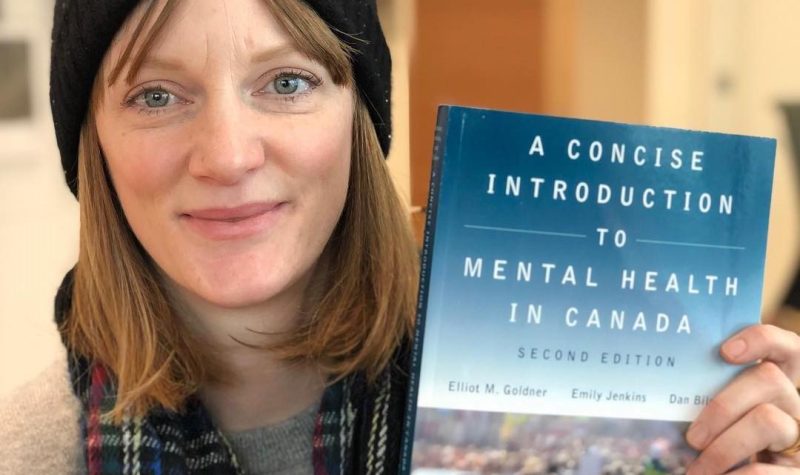By David P. Ball
---
Isolation and quarantine saved thousands of lives during the pandemic, but UBC Nursing assistant professor says her research is a warning to governments to better consider mental health as well.
A University of British Columbia nursing professor's new study should cause governments alarm as they battle to protect citizens from the worst impacts of COVID-19 — that they boost resources to also protect people's mental health.
Dr. Emily Jenkins is author of the newest research released this week titled "Assessing the mental health impacts of COVID-19: A national survey study."
She found that across the country, marginalized communities saw the worst mental health impacts of orders to self-isolate or quarantine at home because they had COVID-19, had contact with a case or traveled. And that includes people being twice as likely to have suicidal thoughts than the general population.
For those with disabilities, racialized communities and Indigenous people the impacts were even worse, she explained.
But she emphasized that such isolation measures are necessarily to containing the pandemic and reducing its death toll. That is known in the wide array of research so far.
Governments should put mental health of citizens closer to the forefront of their thinking and beef up mental wellness support resources, including existing online and phone services such as Bounce Back for anxiety and depression, and Crisis Centres.
But the data also reveals deep fractures and gaps in Canada's mental health system, in which generally only the wealthy can pay for private psychological and counseling services, Jenkins said.
If you are experiencing mental health distress, you are not alone. B.C. Crisis Centre at crisiscentre.bc.ca or phone 1-800-SUICIDE (1-800-784-2433).


